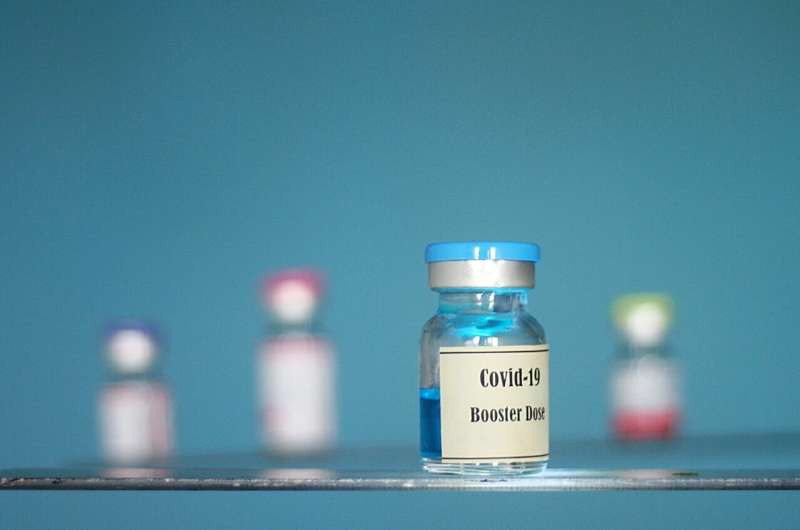COVID-19 Booster Shots Temporarily Suspended Across Georgia Amid Federal Vaccine Policy Uncertainty

COVID-19 booster shots in Georgia are temporarily paused amid federal regulatory uncertainties and ongoing restructuring of vaccine advisory committees, delaying distribution nationwide.
In Georgia, major pharmacies and public health clinics are currently not administering this year's COVID-19 booster shots, with some imposing new restrictions. The pause comes amid ongoing uncertainty regarding vaccine approval and recommendations, influenced by the Department of Health and Human Services and the recent changes within the federal vaccine advisory committee. The Biden administration has not yet authorized the booster rollout in Georgia, citing the need for clarity from a federal committee established to evaluate the vaccine's safety and efficacy. This committee, known as the Advisory Committee on Immunization Practices, has faced controversy after recent restructuring initiated by Secretary Robert F. Kennedy, which involved dismissing its previous members and appointing new ones with skeptical views on vaccines.
The delay has led to a cautious stance among healthcare providers. CVS pharmacies in Georgia are only supplying boosters with a doctor’s prescription, reflecting the current regulatory uncertainty. Meanwhile, public health clinics across the state's 159 counties are also holding back on booster distribution, awaiting the committee's upcoming decision.
Medical professionals like Dr. Hugo Scornik are hesitant to prescribe the booster until the committee votes, concerned about potential legal or insurance issues if they proceed without official endorsement. The committee's next meeting is scheduled for September 18-19, but there is ongoing debate about its membership and the integrity of its scientific process. Some political figures, including U.S. Senator Bill Cassidy, have called for postponing further decisions due to concerns over transparency and process integrity.
The situation is further complicated by recent FDA restrictions on the vaccine, limiting its use for individuals with specific health conditions. Secretary Kennedy emphasized that the vaccine's approval process should prioritize safety and science, although the recent upheaval within federal health agencies has fueled skepticism.
As Georgia waits for a clear recommendation, health experts advise that the existing vaccine formulations have been well-tested and are considered safe based on extensive data from millions of doses administered worldwide. The delay underscores the broader challenges of vaccine rollout amid political and regulatory changes, emphasizing the importance of waiting for scientifically grounded decisions to ensure public safety.
Stay Updated with Mia's Feed
Get the latest health & wellness insights delivered straight to your inbox.
Related Articles
The Spread of Red Meat Allergy Triggered by Tick Bites and the Role of Different Ticks in Alpha-Gal Syndrome
Alpha-gal syndrome is an increasingly common allergy triggered by tick bites, causing severe reactions to red meat and other mammalian products. This global spread involves multiple tick species, not just the lone star tick. Awareness and prevention are key to managing this emerging health concern.
Understanding the Increased Risks in Donor-Egg Pregnancies
Donor-egg pregnancies may pose higher risks of complications like pre-eclampsia and preterm birth. Learn about the potential health concerns associated with donor eggs and pregnancy outcomes.
Research Finds No Evidence Supporting Fasting Before Surgery to Prevent Postoperative Vomiting
Recent research indicates that fasting before surgery does not reduce the risk of aspiration or vomiting, challenging traditional guidelines and potentially improving patient comfort.
Zoning Out May Boost Learning Efficiency By Engaging Brain's Hidden Plasticity
New research reveals that zoning out and environmental exploration activate brain mechanisms that enhance learning, emphasizing the importance of unconscious exploration in acquiring new skills.



